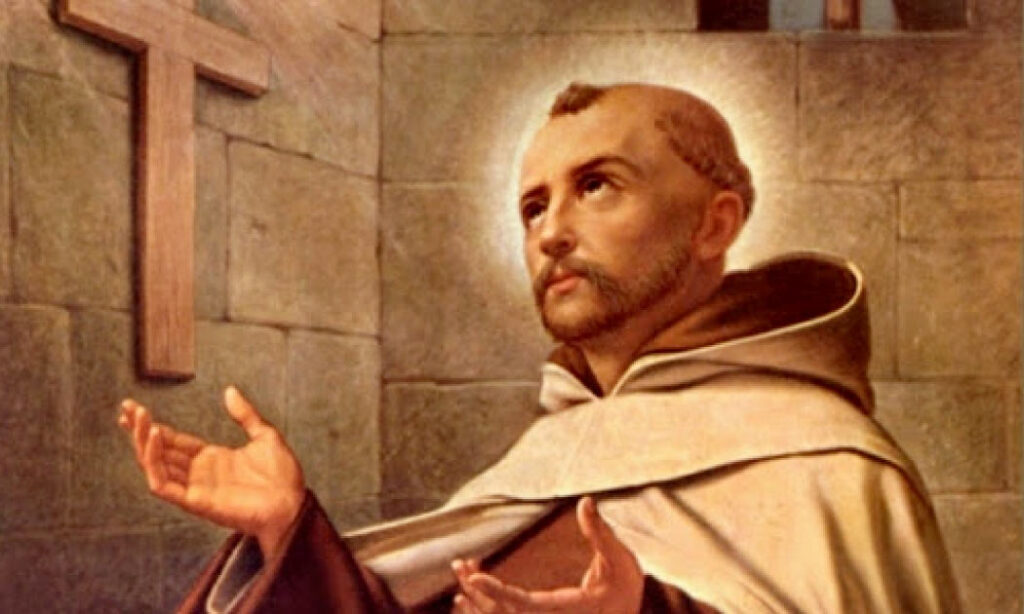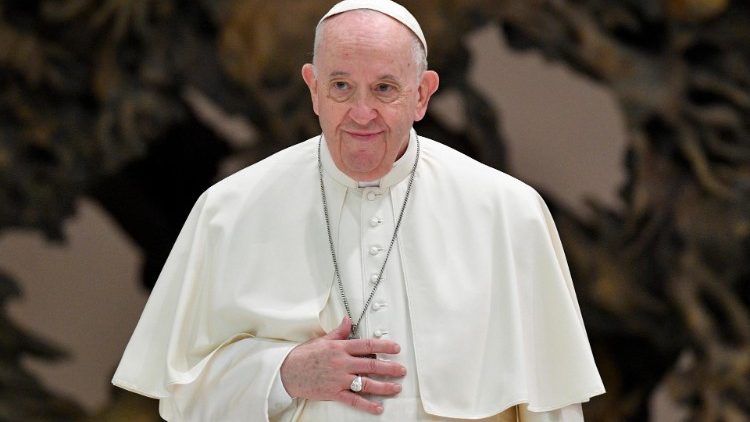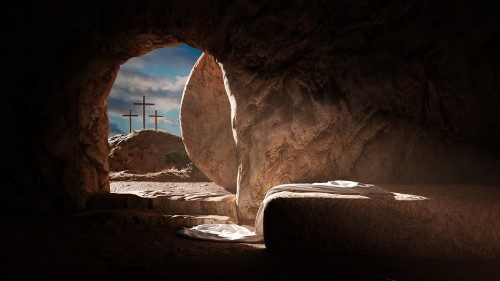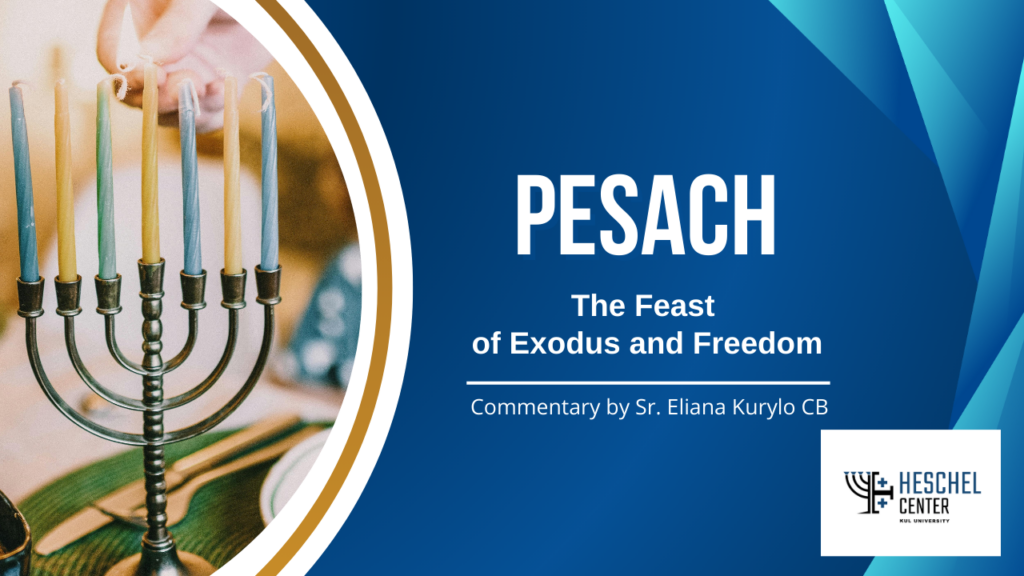St. John of the Cross at Christmas, an alternative to life and love
A model of life and love in the incarnation of the God of mercy

The celebration of the feast and memory of St. John of the Cross (SJC), on December 14, is very appropriate for entering into the Event of Christmas. SJC is one of the most relevant saints and mystics in the history of faith, Doctor of the Church, spiritual master, one of the summits of literature and poetry along with his companion, Saint Teresa of Jesus. Certainly, since the life and work of SJC, which are inseparable, is very good for us to enter into the experience of the Mystery of Christmas, which is the founding reality, along with Easter, of faith. He knew how to understand and live deeply the core of this faith, as it is manifested to us in the said event of Christmas. As he presents in his Nativity Romance, “the time had come for the birth, as the bridegroom who carried her in his arms, whom the gracious Mother placed in his manger… God cried and moaned in the manger, which were jewels that the bride brought to the betrothal, and the Mother was amazed at the exchange she saw: the tears of man in God, and in man the joy, which used to be so foreign to both.”
SJC thus transmits to us the profound meaning of Christmas and of faith, such as the Incarnation of God in Jesus, who with his merciful love takes on in solidarity all the suffering, evil and injustice that humanity endures; to save us liberating and integrally through this compassionate love that is inseparable from justice, which gives us authentic joy and happiness. This Christocentrism is emphatic in SJC, when he expresses that “once God had pronounced his word in his Son, he had nothing more to say. Look only to Him, because in Him, I have said and revealed everything. He is all my Word and answer” (Ascent of Mount Carmel, II, 22,5).
God in Christ has become incarnate in fraternal solidarity with all humanity, welcoming with mercy this pain, evil and injustice that it suffers. And, in this way, he brings us the meaning of life, a joyful and happy life in this loving solidarity that frees us from all evil, sin and injustice. In the Incarnation of Christ, God becomes small, humble and poor in liberating fraternity with the poor of the earth, in solidarity and justice with the victims of history or the oppressed of the world. Another witness of holiness and spirituality, St. Charles de Foucauld, who lived all this mysticism of Christmas and Nazareth, communicated it to us similarly: “I do not know if there is anyone who can contemplate you in the manger and still be rich; I cannot.”
God is incarnated and born in the peripheries of the world, in the margins and reverse of history. As SJC states, “from the divine Word, the pregnant Virgin is on her way. If you give her shelter!” (Letrilla, 13, Navideña). As the Gospel tells us, “she laid him in a manger, because there was no room for them in the inn” (Lk 2:7). In this way, the poor child-God brings us salvation with this fraternal and supportive love, he gives us justice and integral liberation from evil, sin and selfishness with its idols of wealth-being rich, power and violence. This is how SJC shows it: “to come to possess everything, do not want to possess something in nothing; to become everything, do not want to be something in nothing…” (Mount of Perfection 5). The first and essence of everything is the Gift (Grace) of God’s love, as it is shown to us at Christmas that, following Christ humble and poor in his Spirit, leads us to fraternal poverty, solidarity and liberation from the false gods of possession, of having and idolatrizes of wealth-being rich and power. As SJC beautifully states, “I drank in the inner storehouse of my Beloved… and the cattle that before followed I lost… My soul has been employed, and all my wealth, in his service; I no longer keep cattle, nor do I have any other trade, for now only loving is my exercise…” (Spiritual Canticle 17, 19)
For all this, as God incarnate in the poor child and in the impoverished family of Nazareth reveals to us, this Gift (Grace) of his love, which is realized in this fraternity and poverty of solidarity, frees us from all slavery, oppression and injustice, making us free and liberators. In the face of all power and domination that causes evil, injustice, inequality and exclusion. As SJC shows, “In search of my loves, I will go through these mountains and rivers; I will not gather the flowers, nor will I fear the wild beasts, and I will pass through the forts and borders” (Spiritual Canticle 15). At Christmas, the true face and image of God is thus presented to us, who has been incarnated and manifested in Jesus. He is the God of compassionate mercy, of fraternal love and of justice with the poor of the earth, to free us from evil, injustice and idolatry, from power and wealth – being rich – that oppress the hungry, the poor and the marginalized. It is about not falling into pride so that humiliation does not occur, so that we do not become powerful or rich (enriched) so that the poor (impoverished) and oppressed are not generated. This is revealed to us by the mother of the child-God Jesus who is going to be born, Mary of Nazareth in the Magnificat (Lk 1, 46-55).
And, in this direction, we will get closer to the beauty of God who with his Grace saves and frees us, to the glory, splendor and love of God, as it is reflected in nature, in creation, in the whole universe. God in Christ has become incarnate and has taken upon himself in solidarity the whole cosmos and history, to bring us fraternal and integral liberation (cf. Rom 8:22-39). As SJC shows us, “Shedding a thousand thanks, he passed through these groves in haste, and looking at them, he clothed them with beauty by his own form alone… My Beloved, the mountains, the lonely valleys full of trees, the strange islands, the resounding rivers, the whispering of the loving air… the peaceful night” (Spiritual Canticle 25:65).
There is a dark night, yes, but it is a confident and serene night, the life of spirituality and faith, cultivating that depth and mystical inferiority with the friendship and “loving attention” of God in Christ. For all this, with a liberating sense, assuming and integrating vulnerability, wounds and evil, transforming the negative into good, joy and charity (fraternal love) that makes up this faith in hope. Truly, as Christmas conveys, it is Christmas Eve that already begins Easter Night, where with SJC we can exclaim: “On a dark night, with anxiety, inflamed with love, oh happy fortune!, I went out unnoticed, my house being already quiet. In the dark and safe, by the secret staircase, disguised, oh happy fortune!, in the dark and in ambush, my house being already quiet. On the happy night, in secret, that no one saw me, nor did I look at anything, with no other light and guide but that which burned in my heart. This guided me more certainly than the light of midday, where he who I well knew was waiting for me, in a place where no one seemed. Oh, night that guided! Oh night, more lovely than the dawn, oh night that brought together Beloved and Beloved! Beloved transformed into the Beloved!” (Dark Night 1-5). From there we can praise and acclaim, together with the angels (Lk 2, 14), “Night of peace”, of love, justice and liberating salvation that the child-God Jesus brings us.
It is the spiritual and mystical cosmic experience, with an integral ecology, of loving communion with God, with humanity and with all creation, which culminates in full-eternal life, in the new earth and in the new heavens (Rev 21). The spiritual and mystical experience of SJC: “I stayed and forgot myself, I leaned my face on the beloved, everything ceased, and I left myself, leaving my care forgotten among the lilies” (Dark Night 40). This spiritual wisdom, which is achieved in this mystical communion with God and with every being, with the entire cosmos, culminates in the cross of Christ crucified, the science of the cross, as another Carmelite saint and martyr, E. Stein, wrote. This “tasty science” of God, of love and of life, of the little ones, the humble and the poor, of this fullness of surrender and of liberating fraternity with others, as is already indicated to us in the event of Christmas.
Related

More than a Decade of Service, Reform, and Hope
Exaudi Staff
21 April, 2025
4 min

The Pontificate of Pope Francis: A Leadership of Compassion and Renewal for the Church
Exaudi Staff
21 April, 2025
3 min

Easter Sunday: Christ’s victory over death
Exaudi Staff
20 April, 2025
3 min

Pesach – The Feast of Exodus and Freedom. This Year Celebrated Together with Easter
Heschel Centre for Catholic-Jewish Relations at the Catholic University of Lublin
20 April, 2025
2 min
 (EN)
(EN)
 (ES)
(ES)
 (IT)
(IT)

